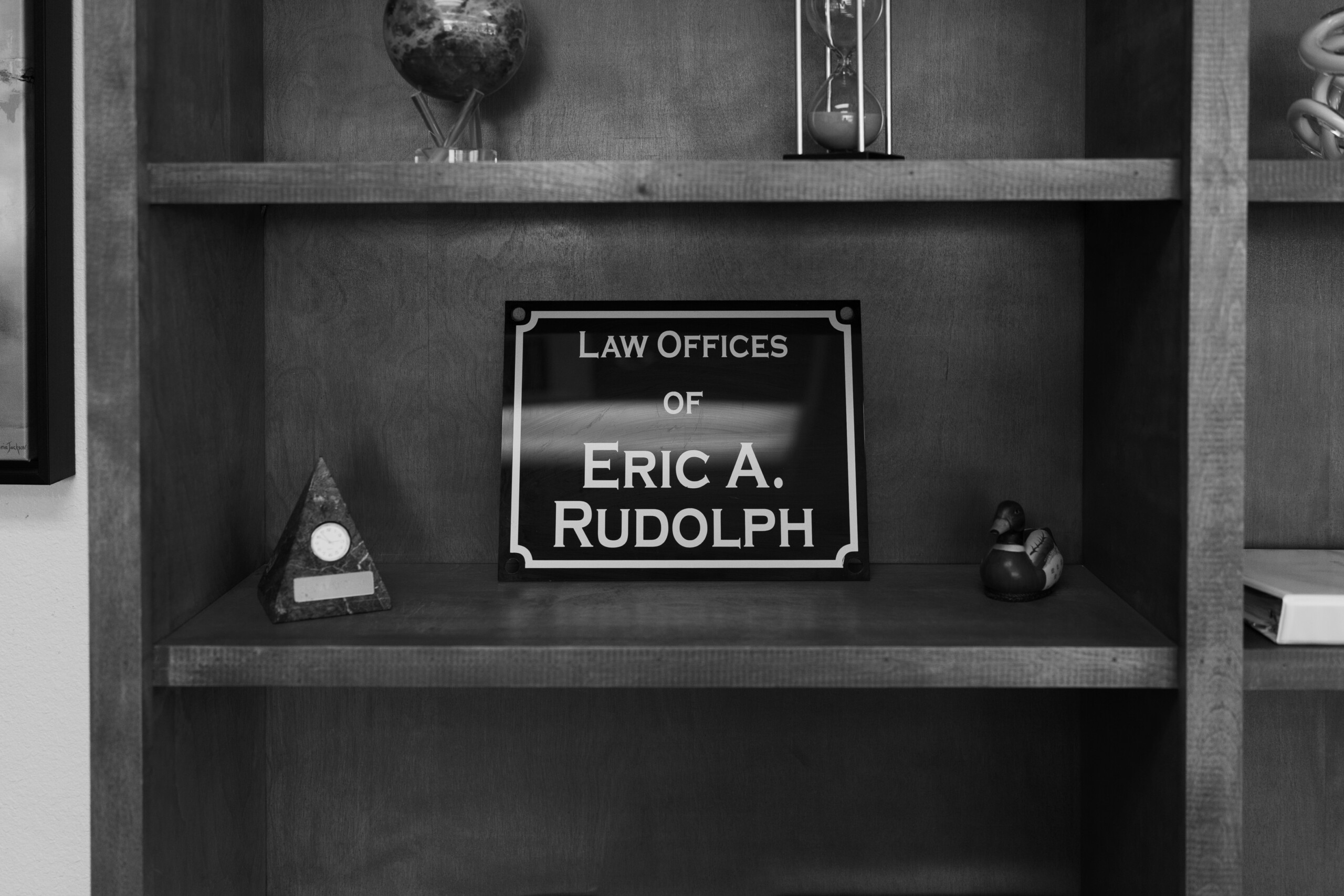I often advise clients that when family circumstances change, it is a good idea to update their living trust.
Recently a client came to me and asked me the following:
“In 2008, my husband and I formed a living trust. Since then, our family dynamics have changed considerably, and we wish to update our trust. There are forms on the Internet with instructions to do this without the expense of an attorney. If this form is notarized, would it be completely legal and safe, or is it better to hire an estate planning attorney?”
I would never assure any client that completing a form found on the Internet and having it notarized would be sufficient to make the required changes valid and enforceable.
Under California law, a living trust can usually be amended (updated) by the persons who created it. But an updated trust document must contain specific legal language. Most living trusts contain language that allows the trust to be updated in writing, if the properly updated document is signed by the settlors and their signatures are notarized.
There are issues that could affect the validity of an amendment. For example, if there is family disharmony, someone could contest the amendment on the grounds that one of the signers was not competent, that a signature was a forgery, or that the amendment did not strictly comply with the terms of the trust. There is no guarantee that a trust document, including an amendment, is above a challenge. If you work with an experienced estate planning attorney, you can minimize the likelihood that a challenge to your trust (or any updates to the trust) will be successful.
How often should a living trust be updated?
I recommend you review your living trust every three to five years. This gives you the opportunity to look at it with fresh eyes. In my experience, when clients have a living trust prepared, the binder with the trust documents is set on a shelf and rarely looked at again.
It is important to review your living trust if there are significant changes in your personal circumstances, such as a death or divorce, or if there have been significant changes in your personal finances (i.e., you hit the jackpot on your trip to Las Vegas!).
Also, most living trusts include a Schedule of Assets which may need updating to incorporate new acquired assets, such as a home; or to modify assets that have changed, such as bank or brokerage account; and to delete assets that have been sold or no longer exist.
If you have significant changes in your personal or financial situation, it is important to meet with your estate planning attorney to review them. If changes to your living trust are recommended, then a new document can be prepared to update your living trust. We can help you update your living trust!
Living Trust Services
For more information on preparing a living trust, or updating your existing living trust, contact Estate Planning Attorney, Eric A. Rudolph, at (760) 673-7600 or schedule an estate planning consultation.







